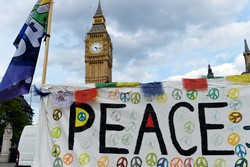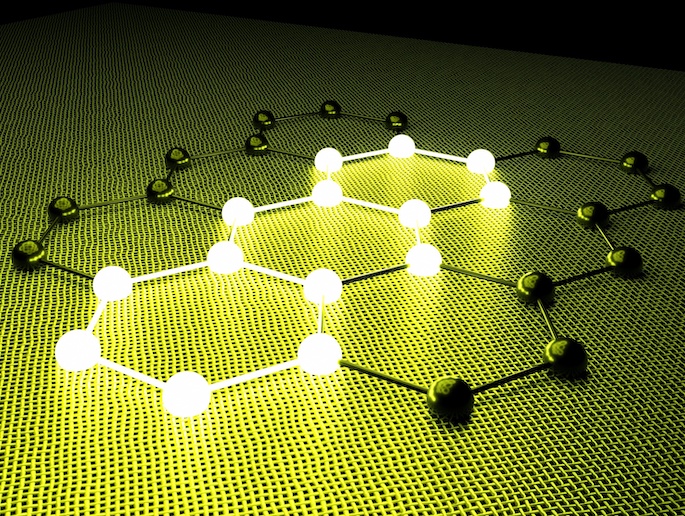A fresh look at antiwar activism
Wars bring trauma, death and destruction to many places, prompting citizens and activists around the world to oppose this brutal method of conflict in all its forms. The EU-funded SENSIAWABUK(opens in new window) (Synchronic entanglements and new social imaginaries: Anti-war activism in Brazil and the United Kingdom in the twenty-first century) project researched antiwar activism in Brazil and the United Kingdom. Specifically, the project team studied collective creativities and the creativities of protest (i.e. how activists come together and demonstrate), considering as well emotions and synchronicity. This involved researching psychoanalytic, political and ethical theories of recognition, in addition to closely examining peace movements. Research in semiotics, psychoanalysis, trauma and social memory were also part of the project, as was the study of war and peace symbols in modern society. On-site research in Brazil was based on interviews, meetings with activist groups and visits to street protests, looking as well at pacification policies of the favelas in Rio de Janeiro. Research into the war within Brazilian society, including deaths and disappearances during dictatorship and democracy, led to new project theories on collective trauma, denial and recognition. SENSIAWABUK findings on Brazil were disseminated through peer-reviewed journal articles, papers, and a book titled 'Working-through Collective Wounds: Trauma, Denial, Recognition in the Brazilian Uprising'. In the United Kingdom, the project team conducted 20 interviews with activists to analyse the contemporary re-emergence and reconfiguration of war as a political entity. With respect to the recent conflict in Syria and the Middle East, it researched how antiwar activists revised their ideas and how the symbol of refugee entered their political imaginaries. Another important aspect studied was how different generations of activists often are not familiar with each other's work. A project conference held in the United Kingdom, 'Creativities of Protest: Imaginaries, Commons and Reparations', examined different forms of social creativity related to protests. Attracting philosophers, social thinkers, political thinkers and scholars from Brazil and the United Kingdom, the event questioned assumptions on the chaotic nature of protests and rethought mass mobilisations. Civil society groups, policymakers and political rights activists can all benefit from the insightful findings of this project.







